In Scanlan with Dimity Azoury
Sharing an affinity for creative expression, Scanlan Theodore and Dimity Azoury are linked by a mutual dedication to craft, independent spirit, and enduring curiosity. Drawn towards tailoring, elegant fabrications and contemporary iterations of utility dressing, Dimity illustrates the harmony and the balance of opposing forces - strength, fragility, freedom, and discipline – effortlessly pairing an elegantly tailored suit with pointe shoes that are the tools of her artful life.
With a captivating presence that goes far beyond the stage, Dimity reflects on her journey to becoming a principal artist at the Australian Ballet, and how the innocent act of watching ballet videos and classic Hollywood movies with her grandmother ignited her passion and imagination to pursue a career on stage.
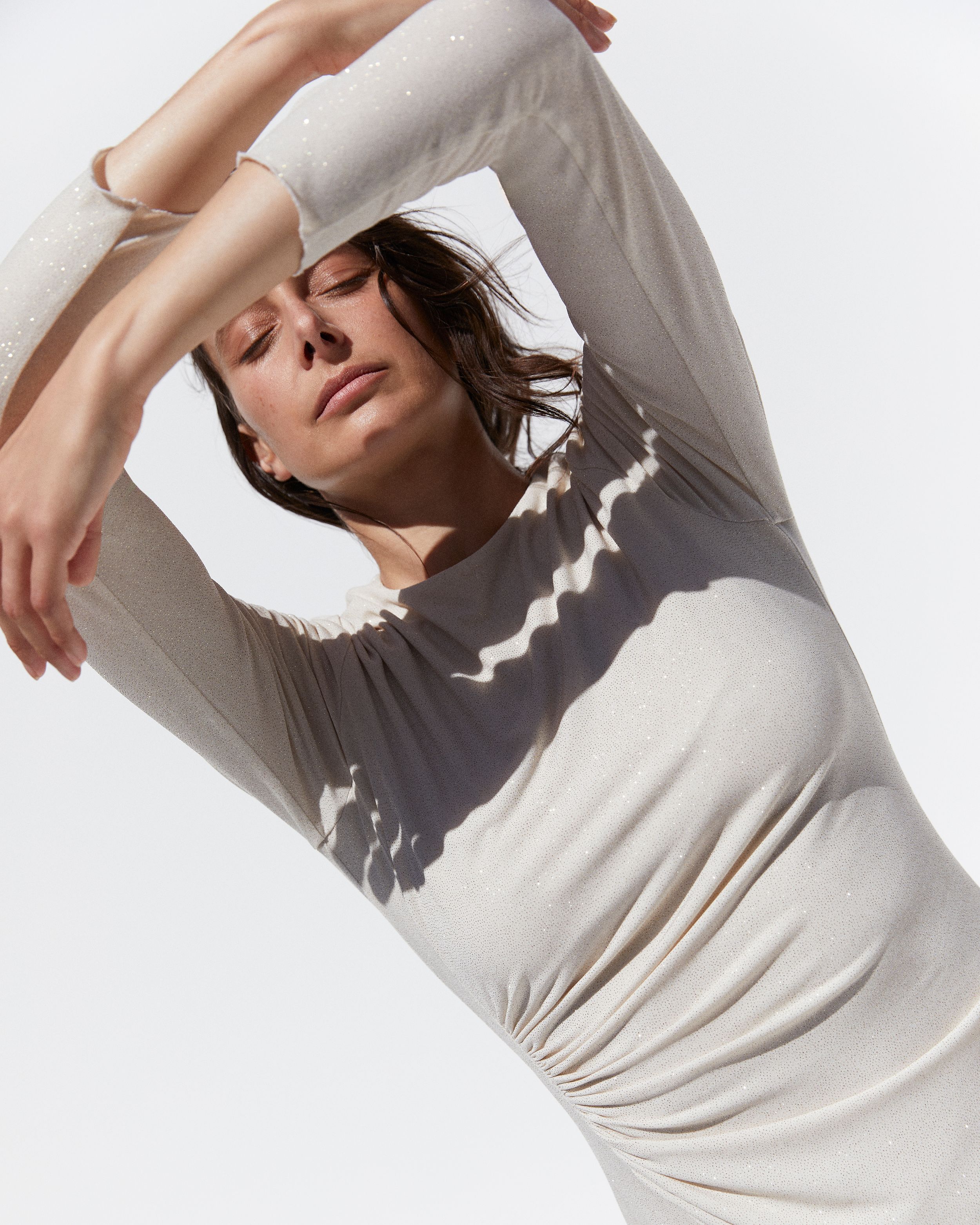
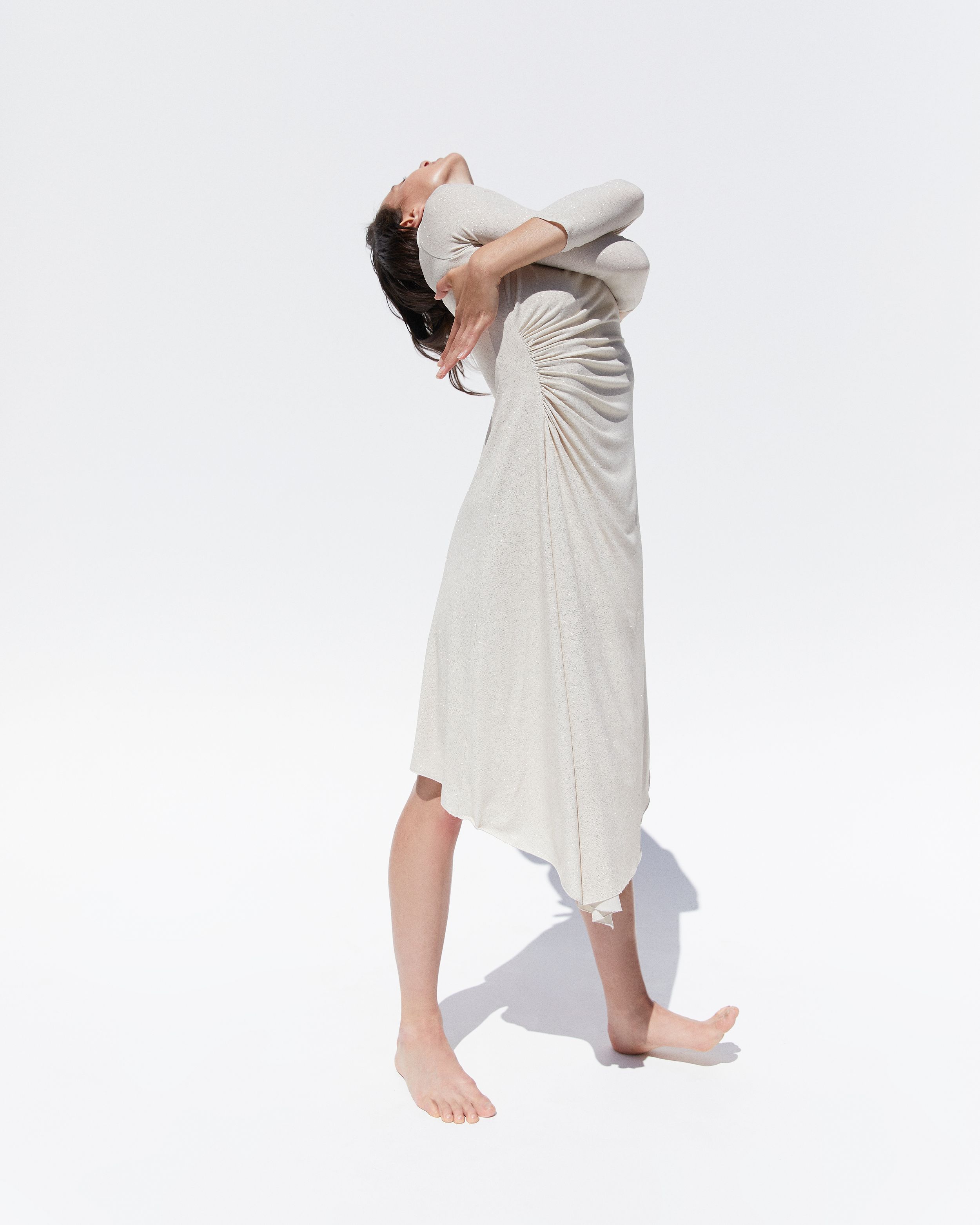
In 2014, her unwavering determination and dedication captivated the attention of the committee for the Telstra Ballet Dancer Award, presenting the prestigious accolade to Azoury on stage at the Sydney Opera House after the final dress rehearsal for The Nutcracker. Following this, she was cast as Baroness Von Rothbart in Graeme Murphy’s Swan Lake. The villain-ness role was not an obvious choice for the then 23-year-old, but the showstopping debut was instrumental in her promotion to Soloist, a title that cemented a now quindecinnial-long relationship with the Australian Ballet and patrons of the company.
Working under the direction of many choreographers including Christopher Wheeldon, Wayne McGregor, Johan Inger, Alice Topp and Stephen Page, Azoury has been in the presence of and collaborated with many of her idols, but it is her female peers that have encouraged her to harbour her independent spirit. “Women of the ballet are pretty fierce” she acknowledges, “our tolerance for pain, the sacrifices and perseverance, mental and physical challenges have made us a formidable lot”. Azoury attributes much of her on-going success to her inspiring female peers, “I couldn’t get through this career without the support of the woman around me, we have a connection that is definitely centred around a shared hatred of blisters, but it’s our shared bond that keeps us going”.
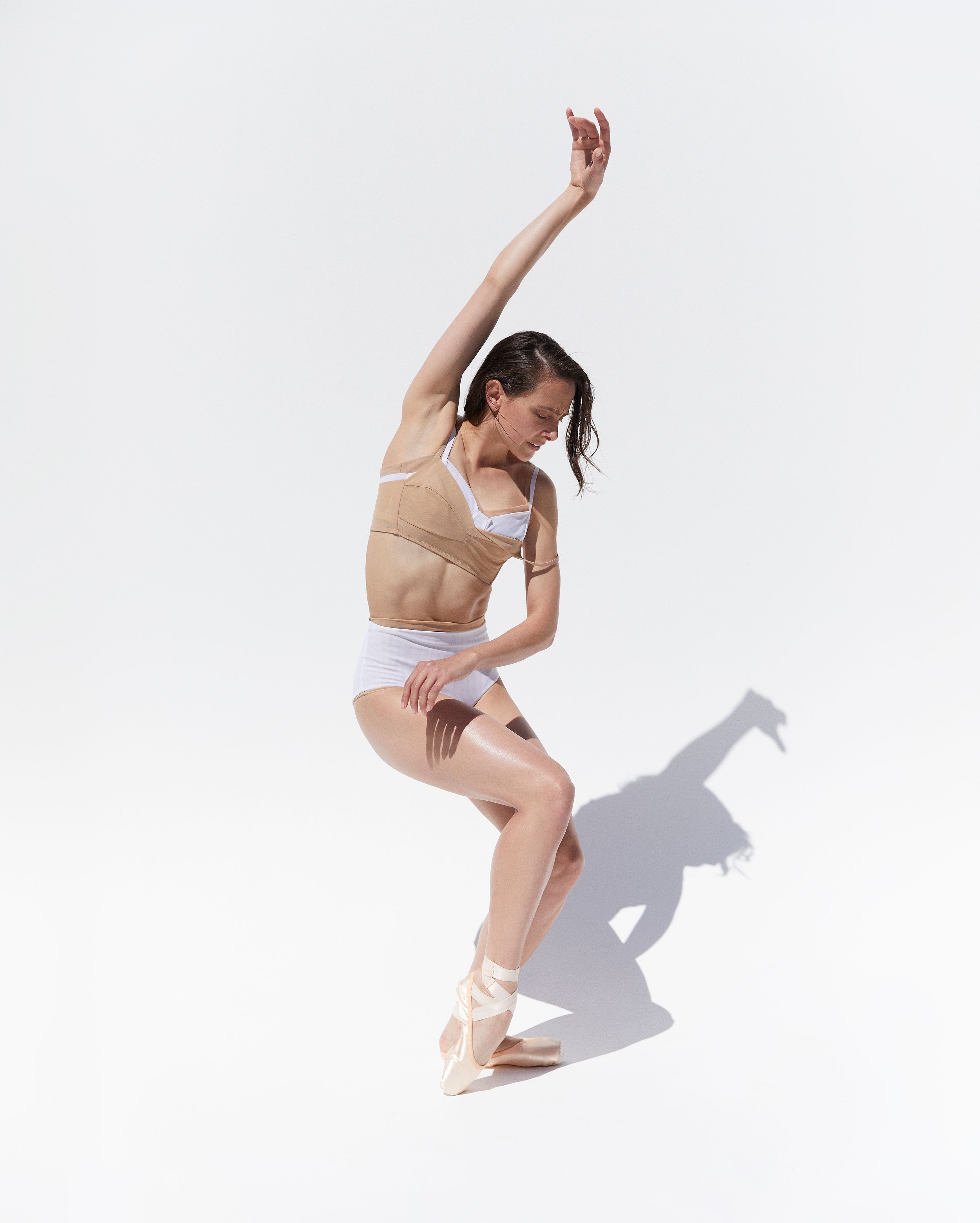
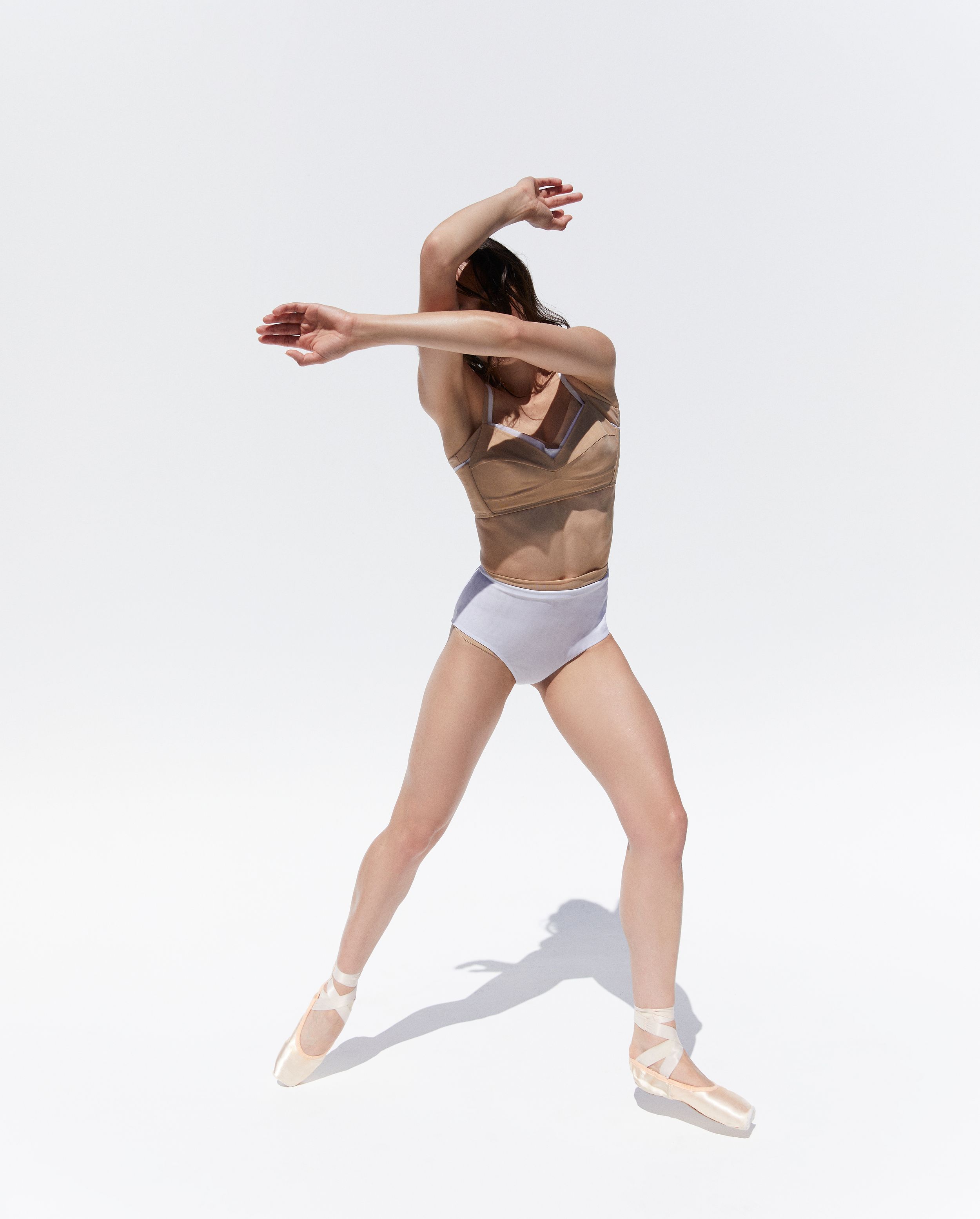
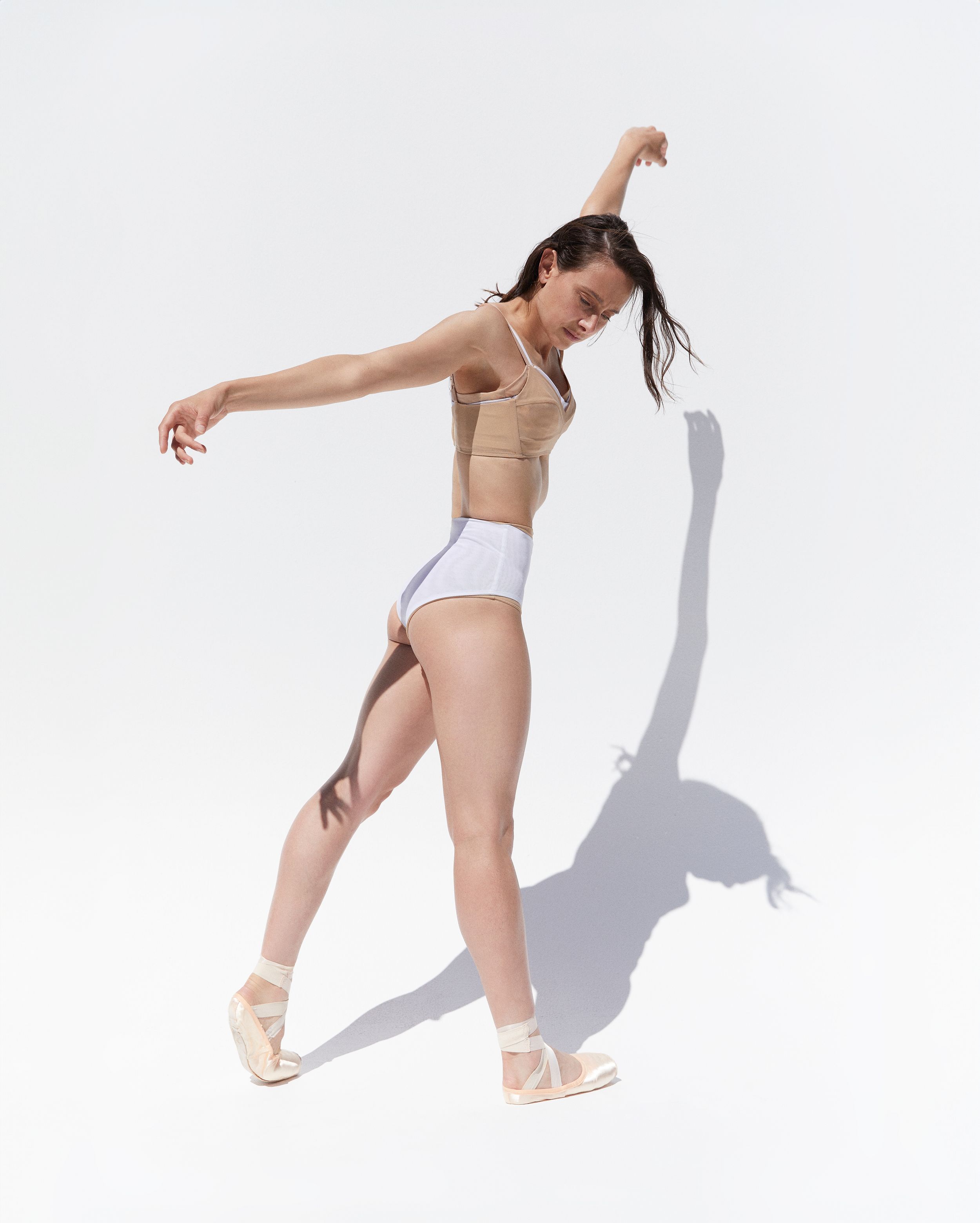
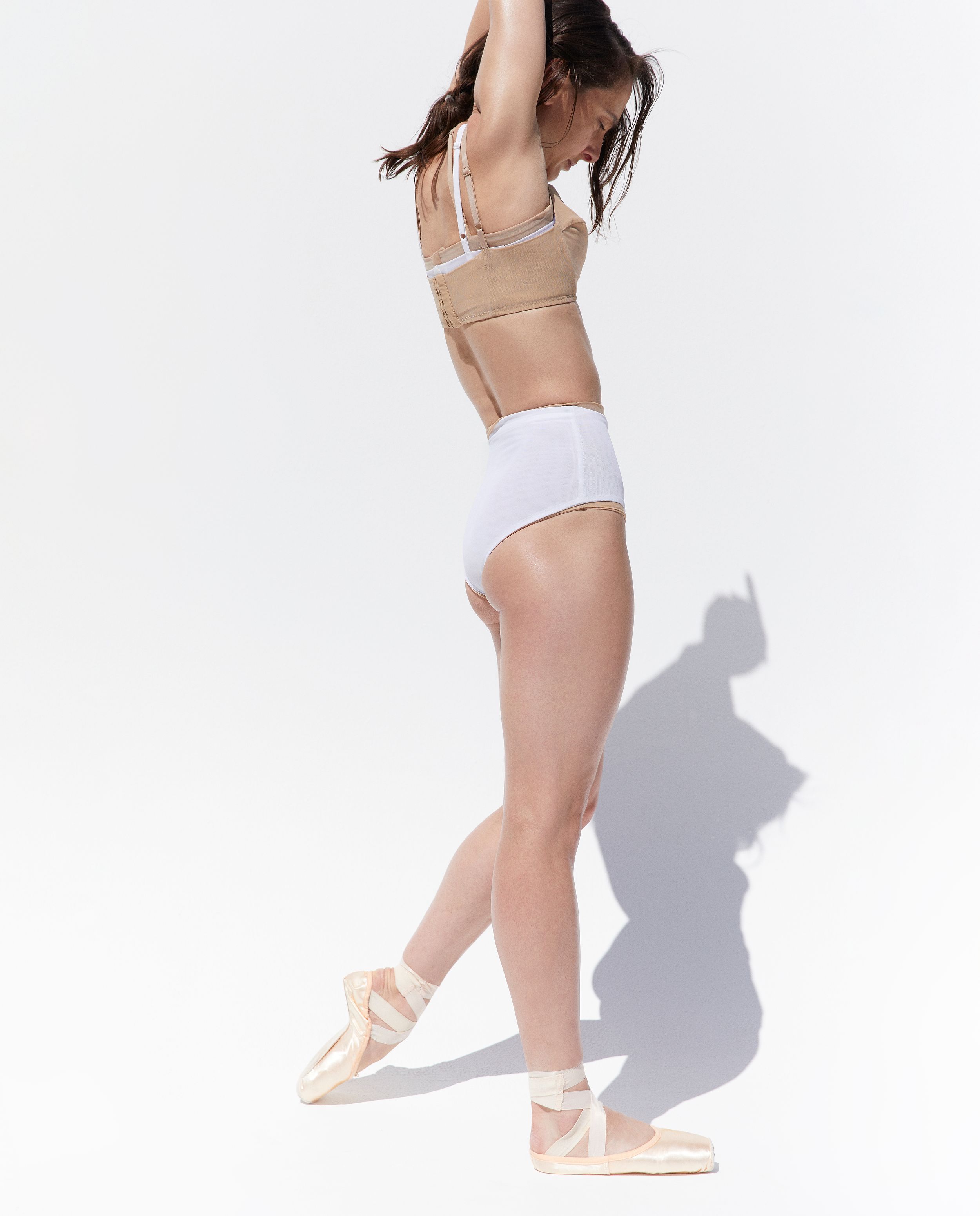
However, this forte is not frequently portrayed in the traditional narratives of ballet - the strength and physicality of female dancers is often “hidden beneath delicate characters [and] fluttering pointe work” she notes. Although the opportunities to display this viciousness on stage are sporadic, she finds herself relishing in the “opportunities to break out ... and show [my] fierceness”. A notion that serves as a reminder to harbour the inner strength of femininity and relish in the force of beauty in individuality.
“I think ballet is a unique artform in that it requires us to be elite athletes to express ourselves artistically” she says. And although being a professional ballerina entails rigorous discipline, she affirms that the efforts put in are worthy, “[it is] a dream come true” she states.
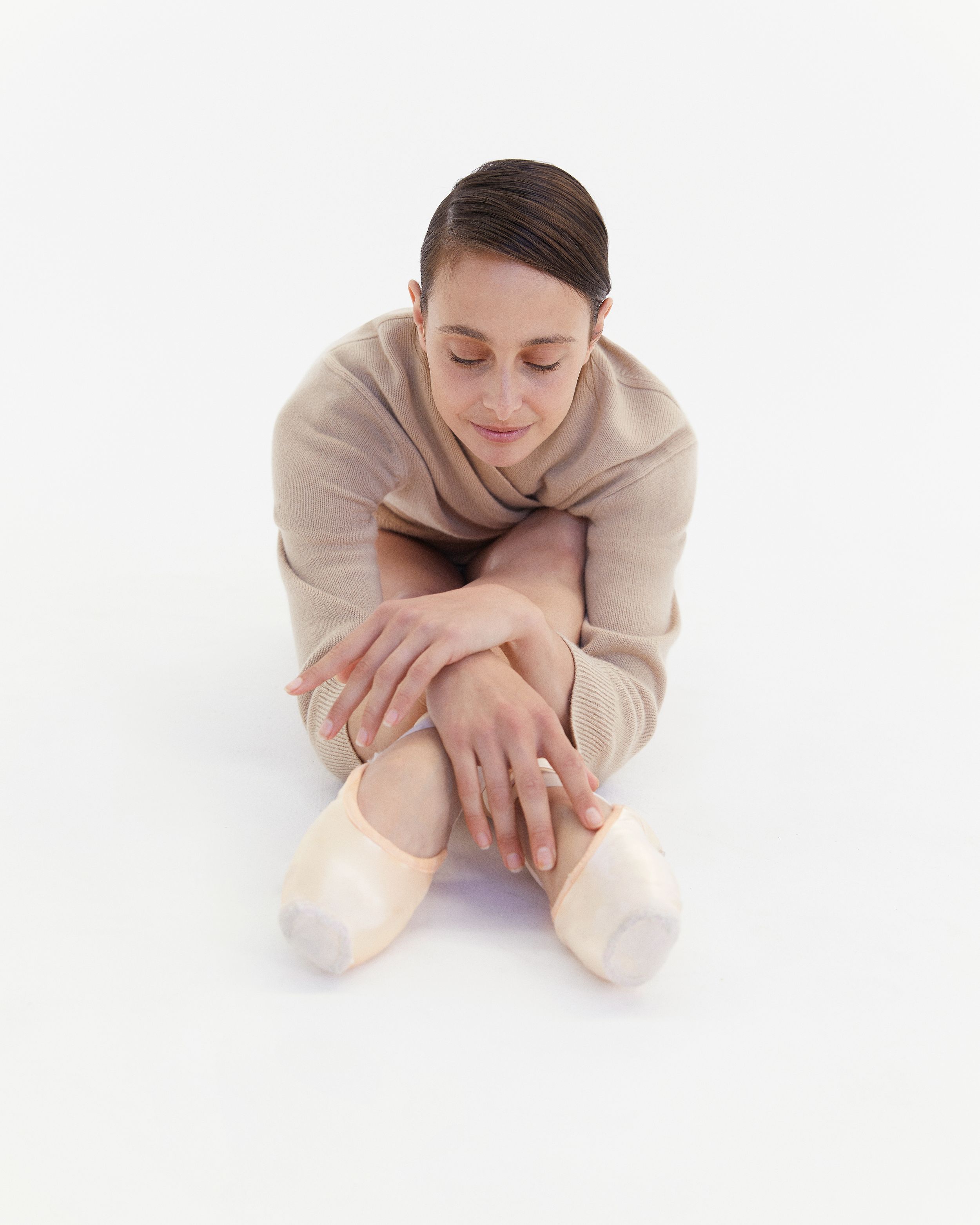
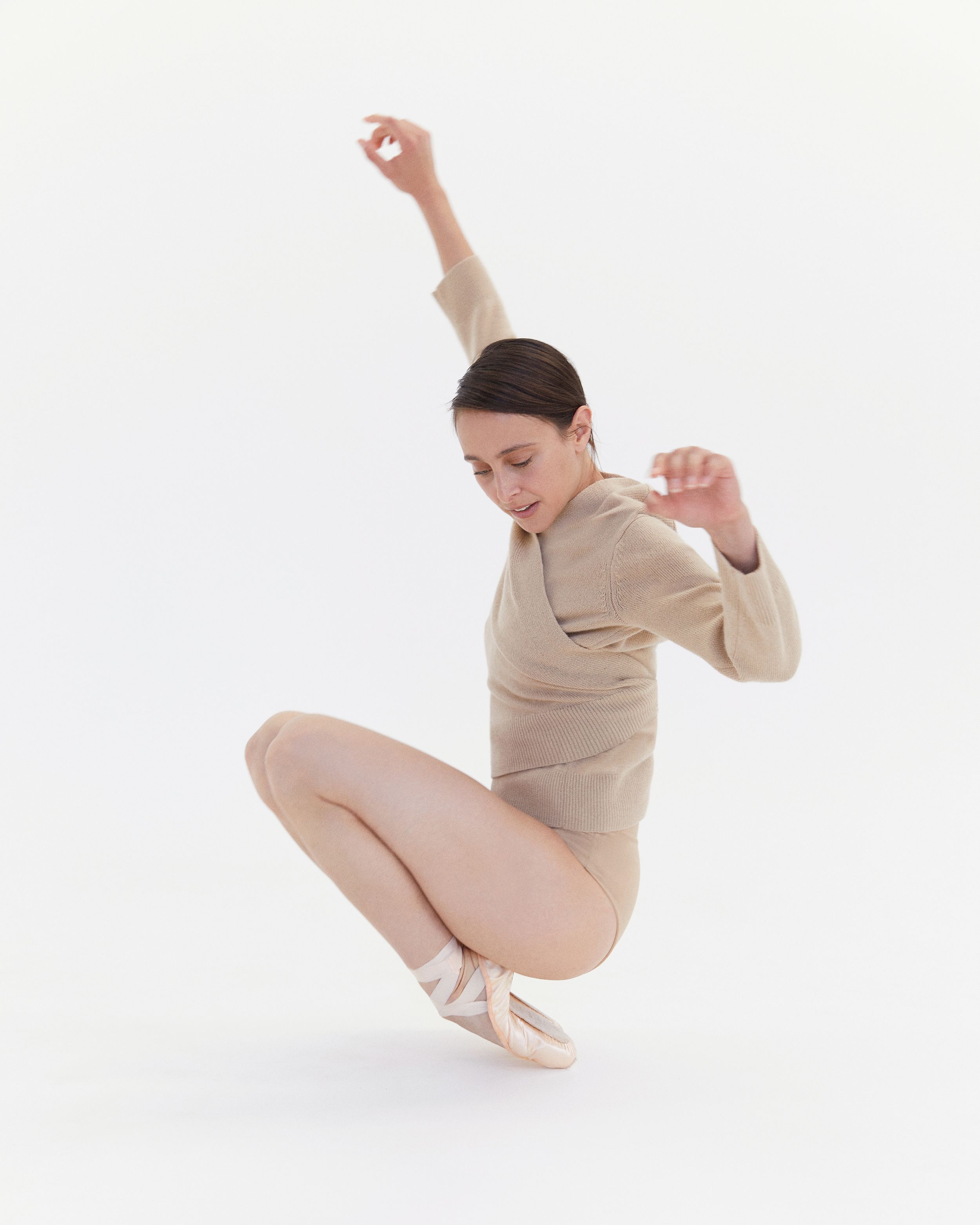
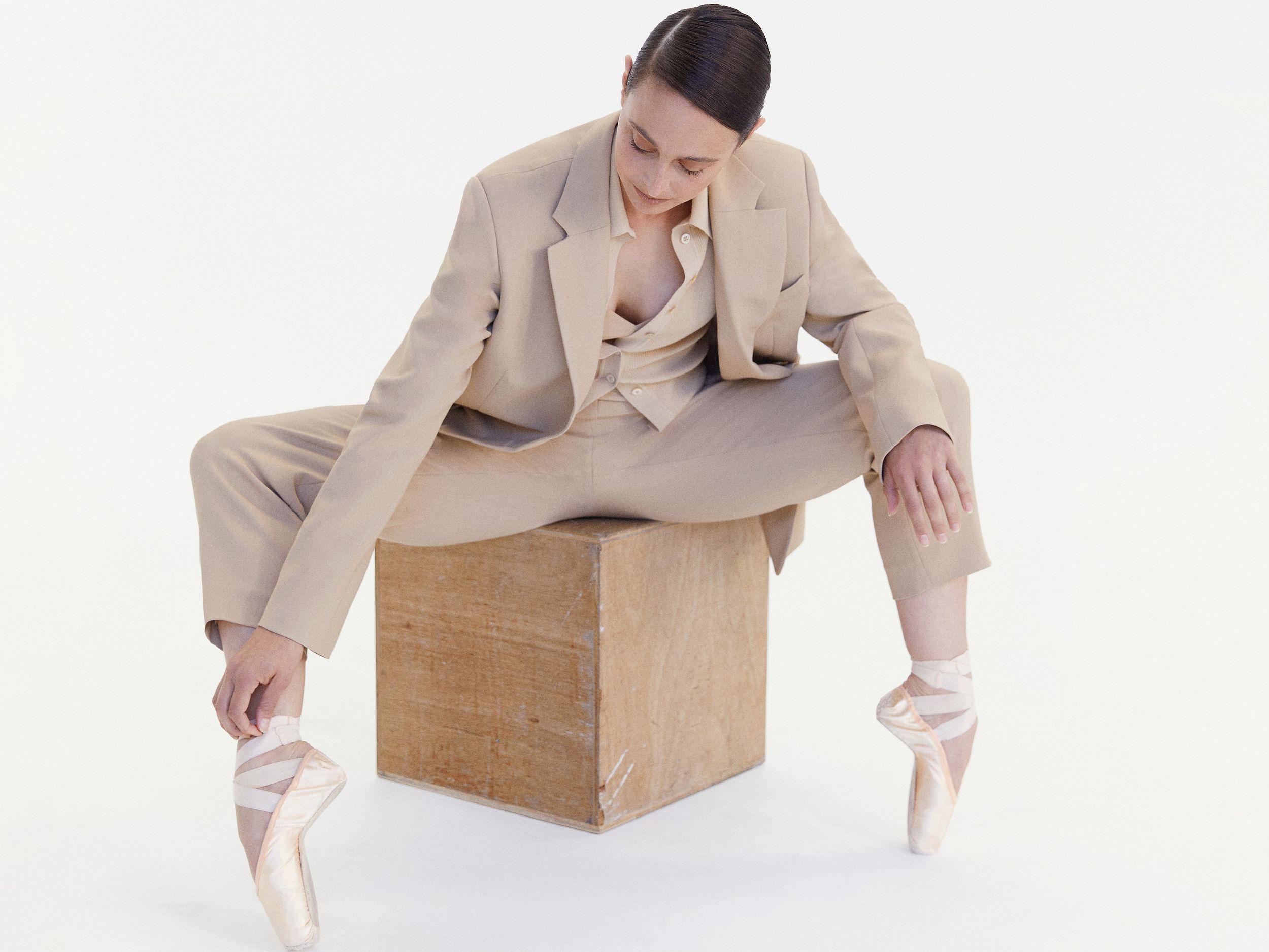
“I think ballet is a unique artform in that it requires us to be elite athletes to express ourselves artistically.”
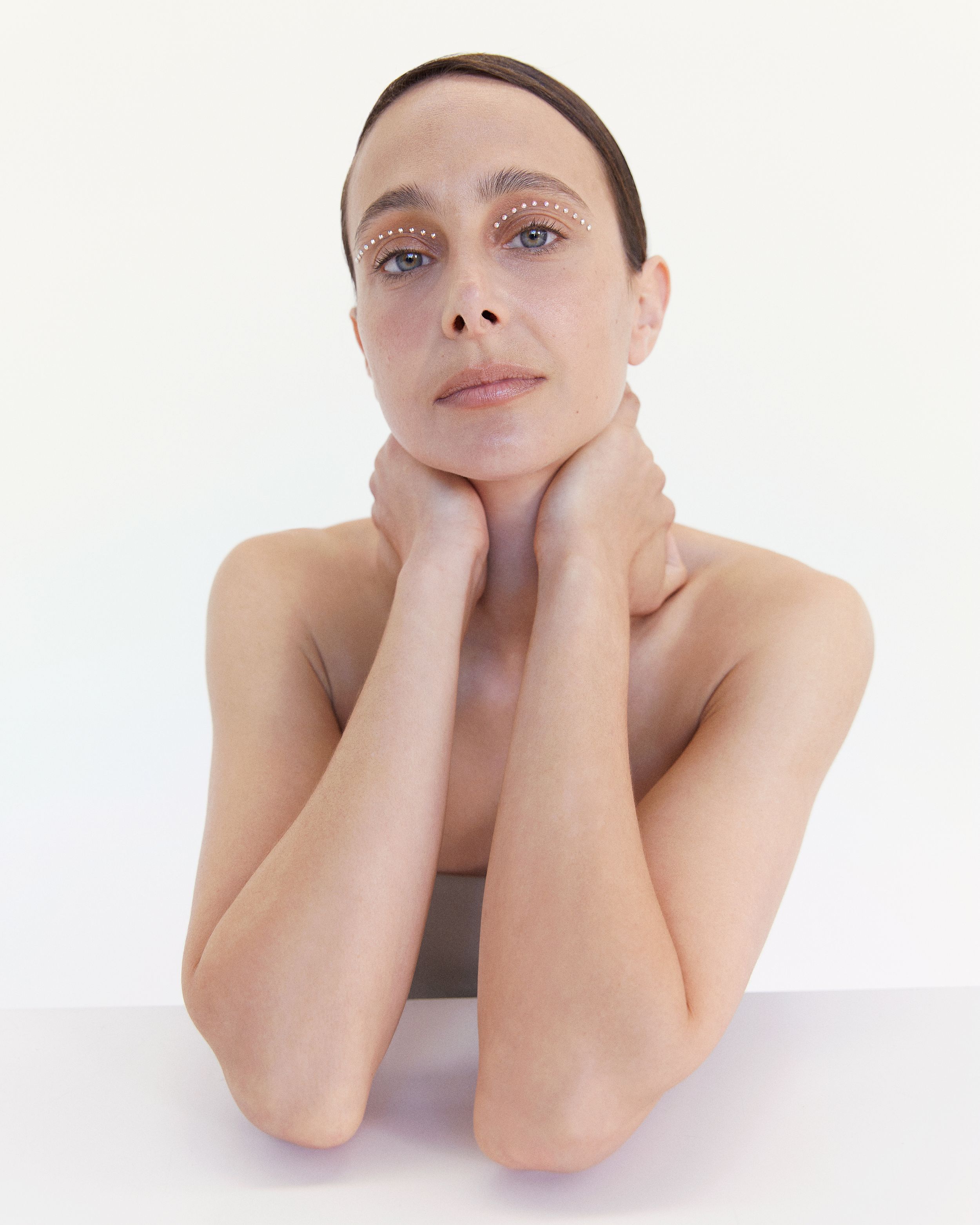
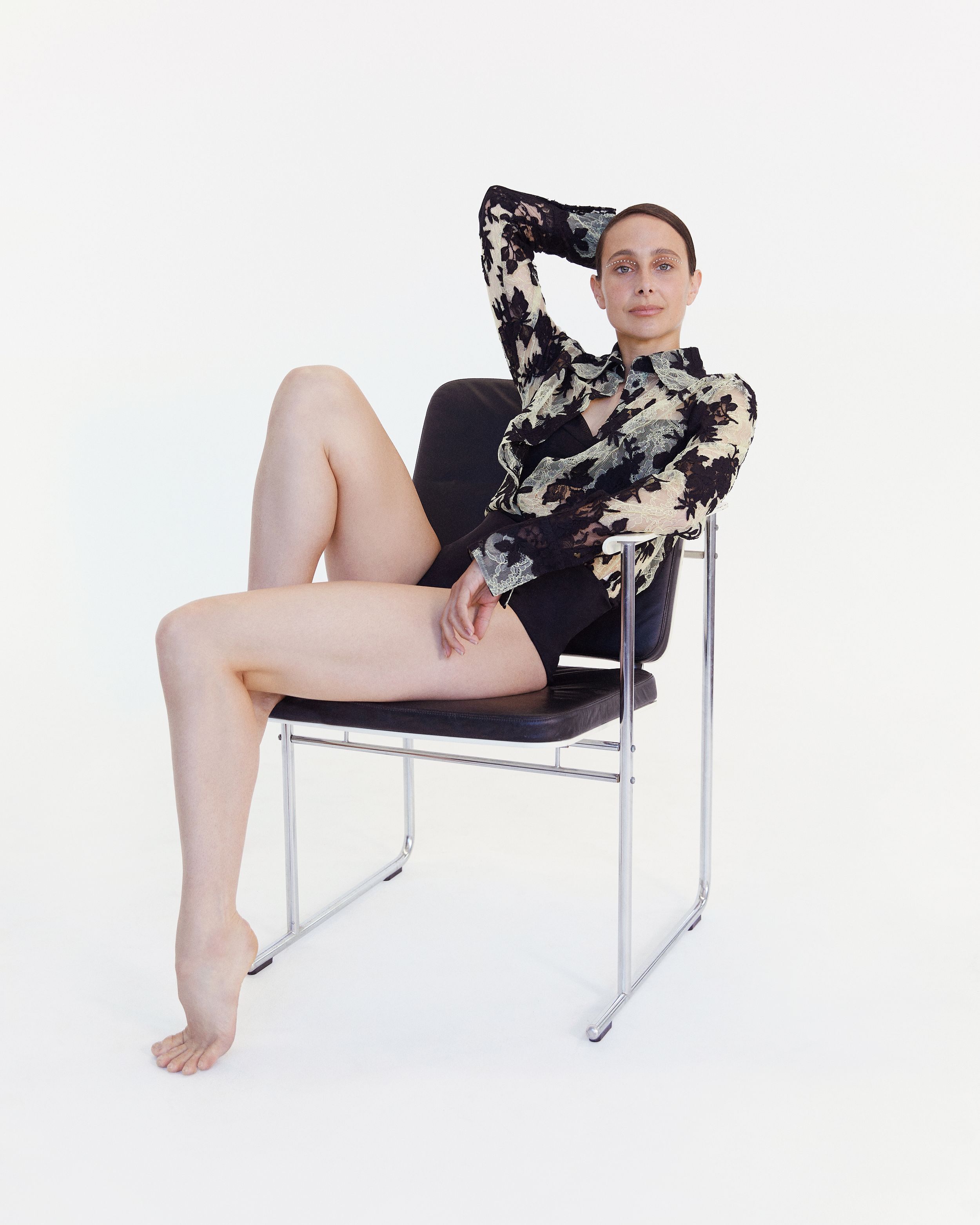
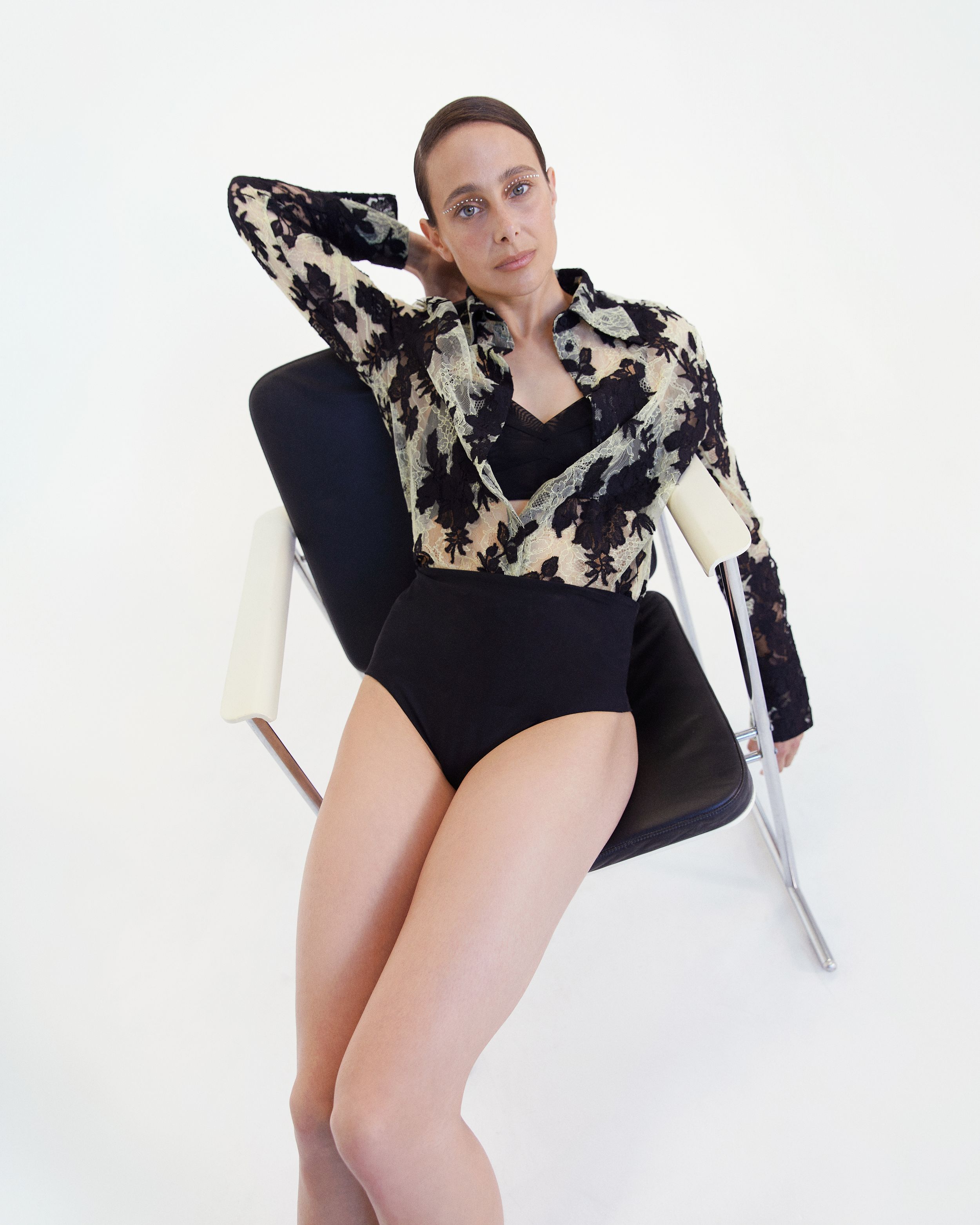
“Honing my craft means keeping myself physically fit and technically strong. The hardest thing about ballet is the mental pressures.” she admits. It is these daily challenges that encourage her to formulate a “life outside of dance”, a life in which ‘normalcy’ includes walking her wolfhound Paddy, reminding her that she is “more than just [her] work”. Trading lyrca for loosely tailored black ensembles that “look great with a naturally rouged cheek… flat shoes [that] are a must after three hours of pointe shoes” and a sleek bun, “if [it is] glued in a bun with hairspray – sometimes it’s best to leave it" she shares.
The tutus and costumes of classical ballet are almost as notable as the physical choreography, of which Scanlan Theodore has a close affinity. In 2003, the brand was proudly selected as a designer, and contributor for ‘Tutu: Designing For Dance’. In collaboration with Myer, the National Gallery of Victoria, and the Australian Ballet, the exhibition featured eight tutus created by some of Australia’s leading designers, showcasing sculptural and contemporary interpretations of the dance costume. Sharing an adoration for couture and costume design, Azoury and Scanlan Theodore relish in the creative process and ability to collaborate with likeminded individuals. When speaking of her relationship with fashion through the world of ballet she states “I basically dress-up for a living. ‘Going to wardrobe’ for a costume fitting is one of the most fun parts of my job.”, but it is the honour of wearing “a sumptuous classic costume by incredible late costume designer Kristian Fredrikson with the name of a past principal dancer still sewn into the waistband” that truly realises her girlhood dreams.
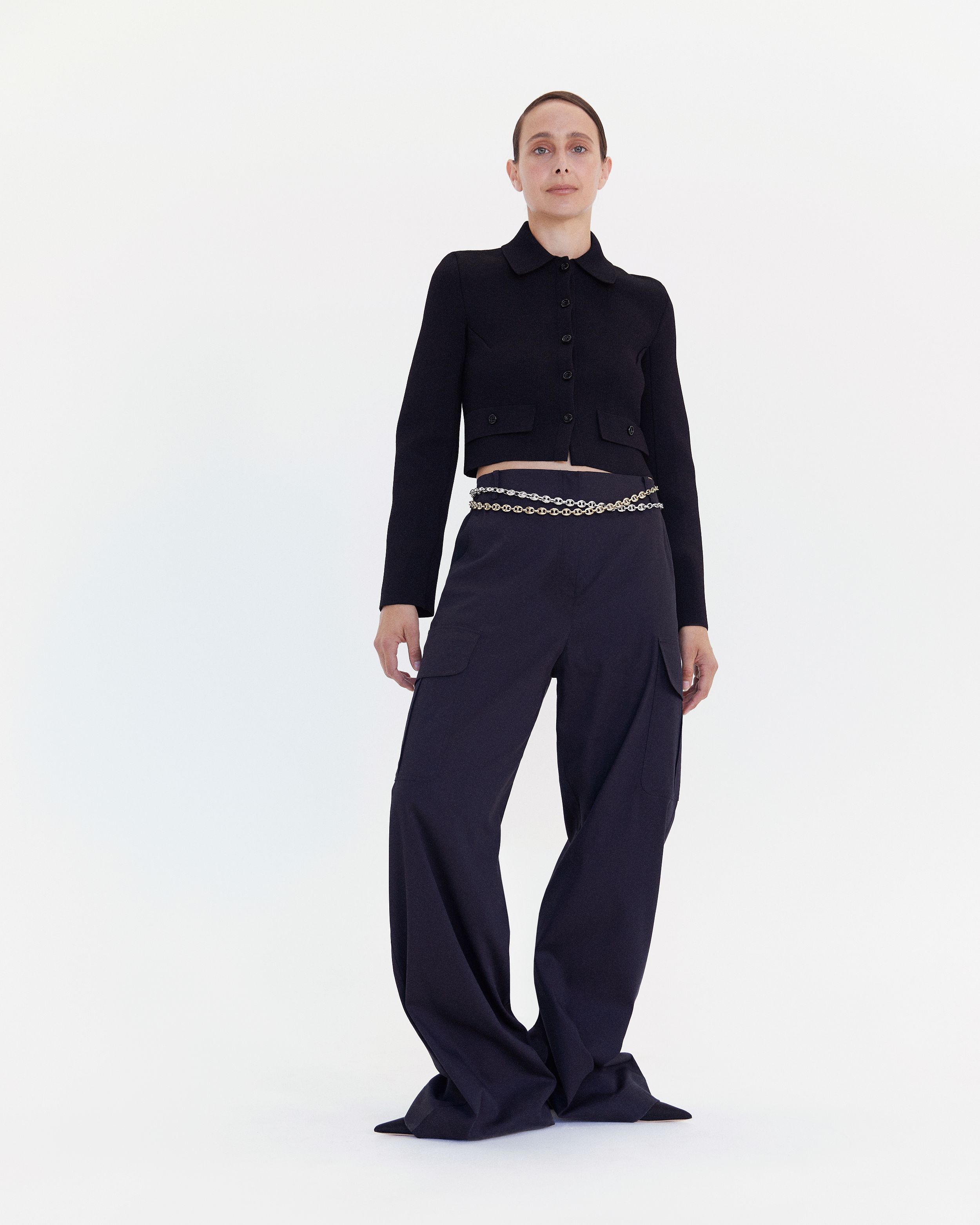
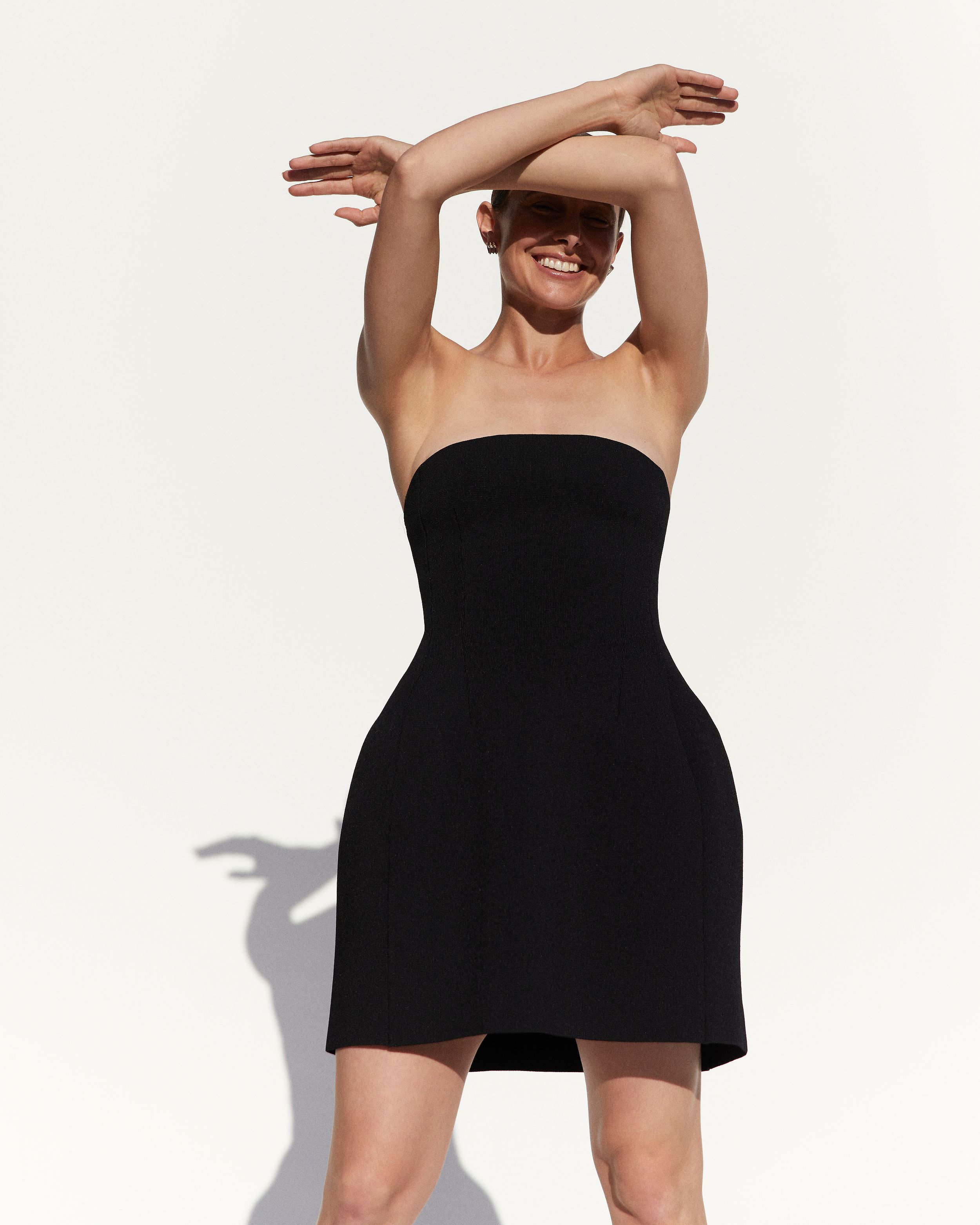
Like the artform of ballet, Azoury too is multifaceted. When Dimity is not stretching, arabesque-ing or pirouetting her time is spent studying for her biomedicine degree. Currently in her second year of study, her “eternal curious[ity]” drives her to seek out more about the world around her, how science and medicine make us who we are, and the fundamental understanding that allowing her body to operate at peak performance will enable her to continue to shine on stage.
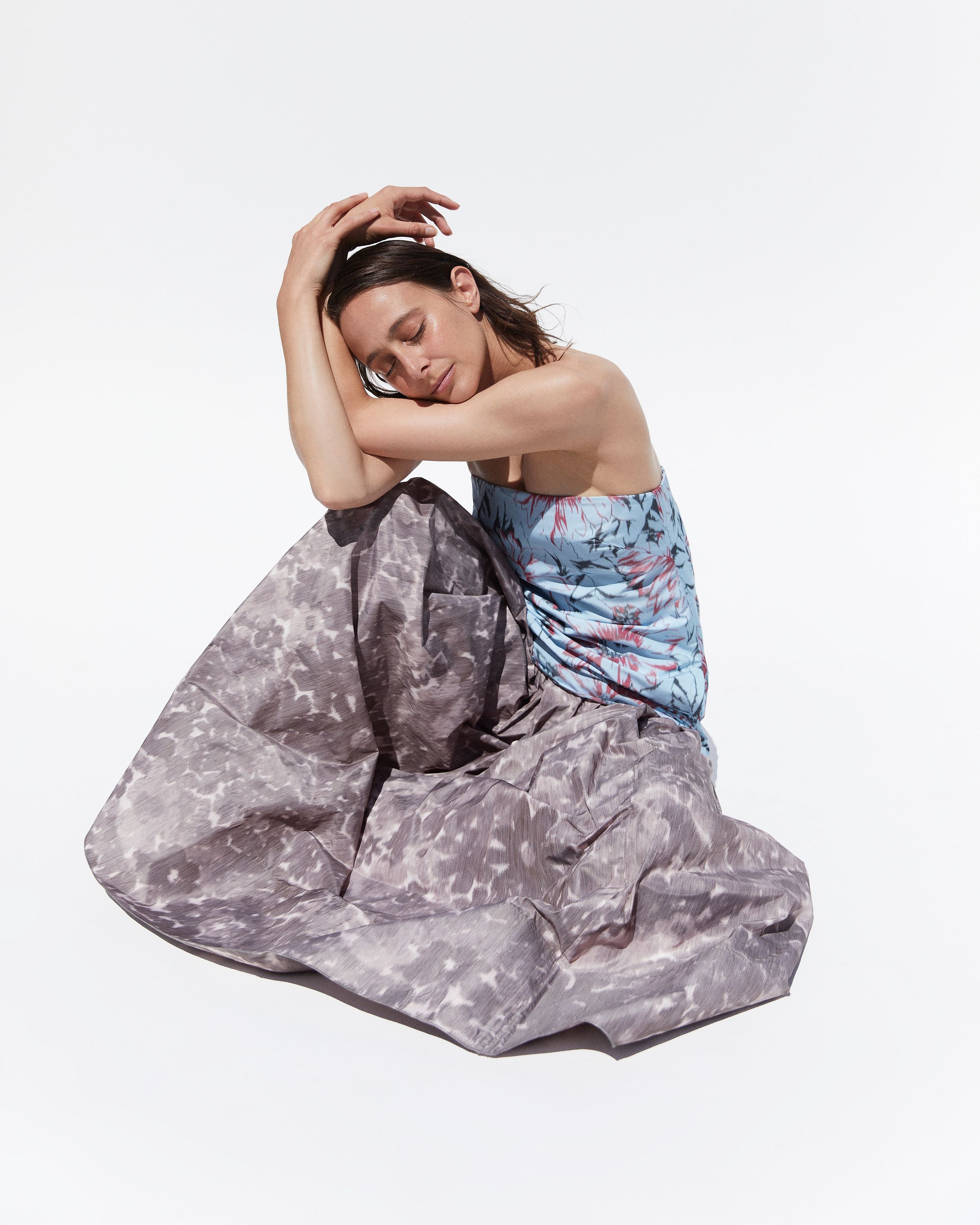
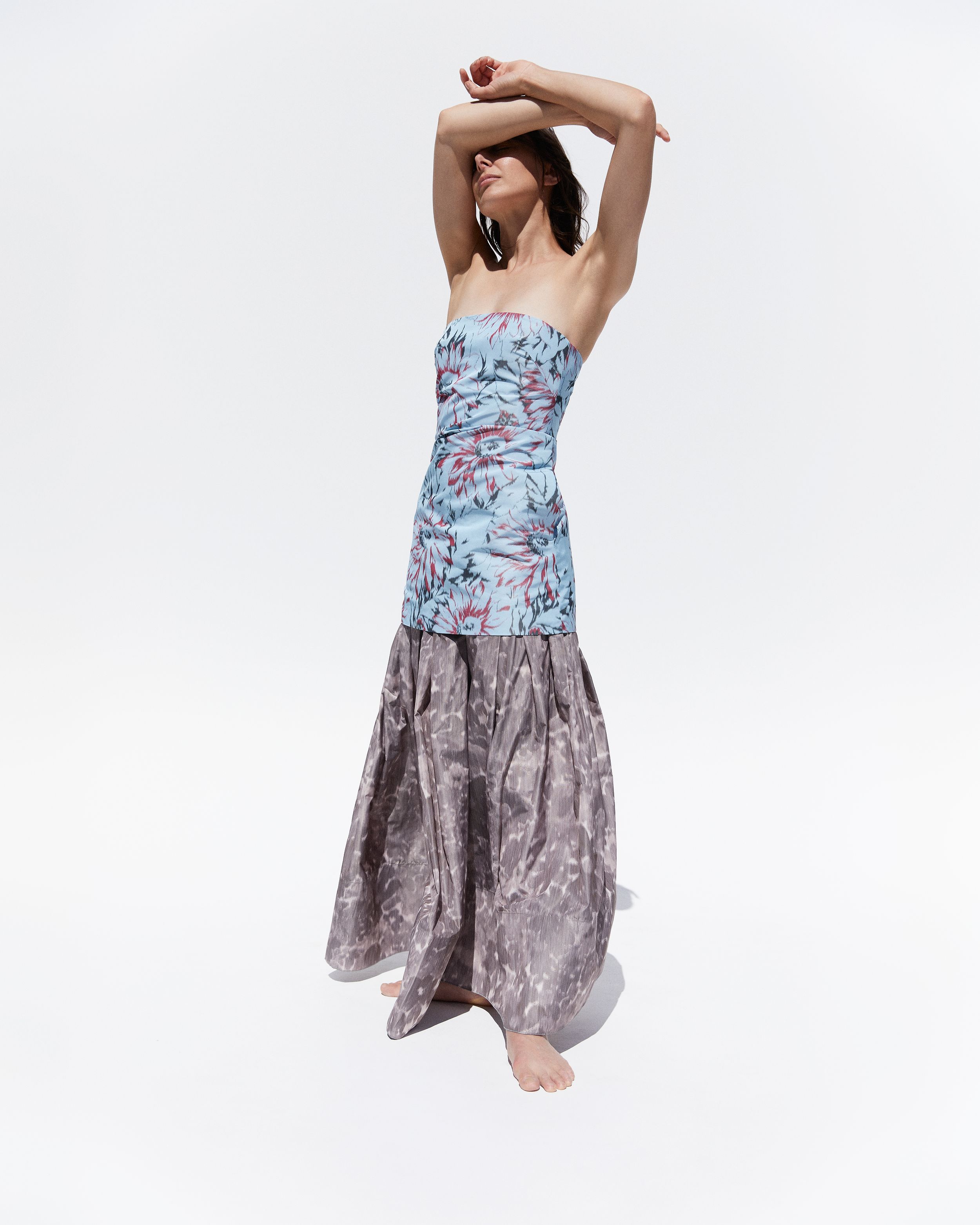
Travelling far beyond her hometown of Queanbeyan in New South Wales, Dimity’s career has seen her perform in Paris where she appreciated “people-watching and easy-style envy”, Tokyo where she had “the most fun wandering around back streets and discovering hidden vintage shops”, and London where she discovered “the most beautiful 1800s black lace blouse”, she shares. Yet staying close to home and “continuing [her] ballerina life” is what excites her the most. Through her magnetic charm and captivating presence Dimity Azoury has become one of the most sensational faces in ballet and with inherent determination, the dancer beckons us to pay close attention – and to that we will.